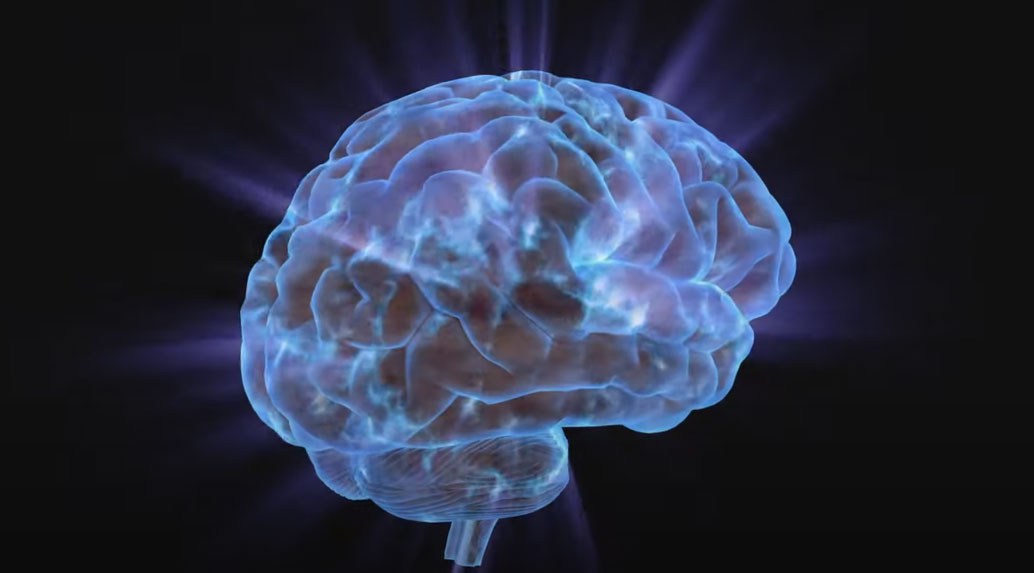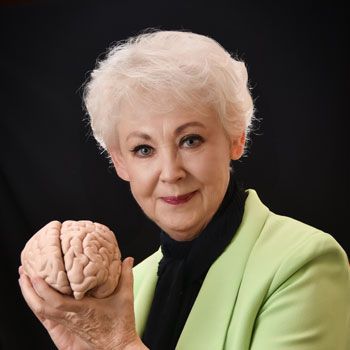Dehydration
Q. What’s all this hype about dehydration and brain function?
A. I suppose “hype” is relative depending on your understanding of the definition of hype and the information you’re referring to. Dehydration is believed to be a risk to brain function in adults as well as in children. For example, a 1% level of dehydration can lead to a 5% decrease in cognitive function. A 5% decrease may not be huge but it can involve fuzzy thinking, math confusion, forgetfulness, inability to pay attention and focus, and so on. It can also increase the production of free radicals, which can cause their own level of damage depending on where in the brain the free radicals occur (to say nothing of forming the basis for skin wrinkling—nothing I’m aiming to increase!).
Dehydration reportedly can cause other problems, as well, including:
- Acid-alkaline imbalance
- Constipation
- High blood pressure
- Immune suppression
- Weight gain
Children may be at greater risk from dehydration as they have reduced sweating ability and thirst sensitivity as compared to adults. In addition they don’t tolerate temperate extremes as well, lose more water by evaporation because of a larger surface area to body mass ratio, have less well-developed kidney function, and may drink more juice and soda than pure water. The Southampton study reported that 72% of preschool children and 50% of school children drank NO water during the study-test period. Rather, their beverages were fruit juices, sodas, soft drinks, and other sugary beverages, which may actually promote dehydration—as the body uses water to process surgery drinks. Of all the strategies I’ve learned for keeping my mind sharp (e.g., enough sleep, solving puzzles, exercise), staying hydrated may be the one I follow most closely. For me this is not “hype.”




